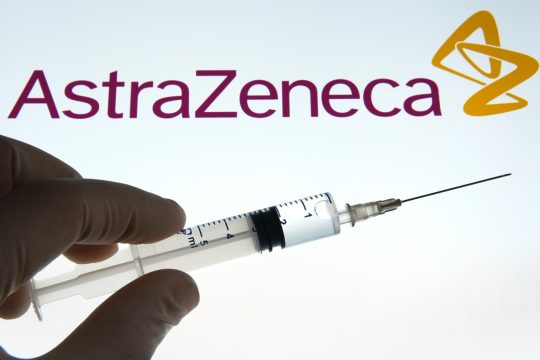Advertisment
BTS 2014 Report: Three years of altruistic kidney donors: kind kidneys or costly MOT?

Maria Dalby reporting on the Oral Presentation by Phanibhushana Munipalle, Southmead Hospital, Bristol. Altruistic organ donation, that is, where a person volunteers to donate a kidney for transplantation without being related to the recipient or even knowing who it will be, is no longer a taboo – on the contrary, it is becoming more common and forms part of the NHSBT task force for increasing the number of organ donors. However, whilst the idea of altruistic organ donation may seem worthy in principle, the clinical reality six years down the line is proving somewhat less than ideal. Phanibhushana Munipalle reported on a study into outcomes of altruistic offers of kidneys made to the transplant centre at Southmead Hospital in Bristol which showed that significant numbers of these donors fail to proceed, wasting considerable time and resources in the process.
Altruistic kidney donation has been legal in the UK since 2006 and is attracting increasing public and media attention following a number of successful transplantations. The number of contacts with the Southmead Hospital centre from the general public regarding potential altruistic donation doubled in the period from 2009 to 2012. The centre set up a prospective database of all altruistic donation contacts made from July 2007 until June 2013 which recorded the outcomes of each offer and estimated the resources spent on each non-proceeder, with the aim of identifying the reasons for failure to proceed and devise ways of improving donation rates. A total of 105 offers were made in this period. At the time of the analysis, 11 of these kidneys had been successfully transplanted and 49 kidneys were under work-up. However, more than one in three offers had failed to go ahead – 21 of the offered kidneys had been found to be medically unsuitable, mainly due to renal or cardiac abnormalities, diabetes, or high BMI, but in 17 cases (16%) the donor had simply dropped out during work-out. A handful, four donors, dropped out already after the initial consultation with the transplant coordinator – the cost of this was not calculated specifically but Mr Munipalle stressed that transplant coordinators’ time is valuable and the cost, if calculated, would have been substantial. The biggest drop-out occurred at the second stage, after blood tests and HLA and nephrology assessment – nine donors dropped out at this stage, costing a total of over £13,000. A further four donors waited until the third work-up stage to drop out, which involves a CT angiogram and surgical assessment at a total cost of nearly £1,700 per person, bringing the total cost of work-up of non-proceeding donors to in excess of £20,000.
Mr Munipalle stressed that although there will always be altruistic donors coming forward who will be found to be medically unsuitable, it is likely that the number of drop-outs will increase. It is therefore important that centres gain an understanding of the reasons for these drop-outs, both to encourage potential donors to go ahead and to be able to allocate resources and manage workload. The transplantation community also needs to have a constructive debate on how the NHS can promote non-directed altruistic organ donation without ending up providing wholesale healthcare MOTs free of charge, as well as how to manage the additional burden on the NHS of medical conditions detected during altruistic donation work-up.





